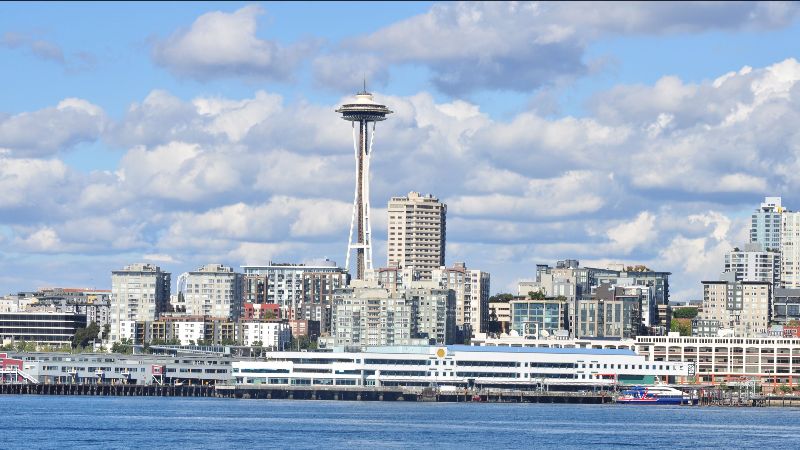Seattle
The Mayor presented his proposed budget for the City to Council. The City is facing a $260M deficit, and needs to have a balanced budget by the end of the year. The Mayor’s proposal is to take $287M from funds that would normally be allocated to affordable housing and the Green New Deal, and change the law to make this possible every year going forward. The draft budget would also cut 167 city jobs. These reductions would more than cover the $260M deficit, but are necessary because of increased spending on the Mayor’s priorities (mostly for public safety).
The City Council Land Use Committee passed the Seattle Energy Code update, which is scheduled to come before the full Council on Oct. 8 at 2pm, and would go into effect on Nov 15. Apparently there are business interests that would like this vote further delayed until after the election.
City Council voted to put the I-137 proposal for funding social housing using a tax on businesses with individuals who make more than $1M dollars side by side with an alternative proposal that funds the social housing authority for 5 years using money already slated for affordable housing. Proponents for this new alternative argue that this gives the new authority a chance to prove that they can do a good job with the public’s money. Proponents for the original social housing initiative argue that not only does this pit the new social housing authority against existing affordable housing developers as they compete for funding, but also that the new proposal isn’t social housing. Social housing is for housing people of different income levels together and having the higher income people subsidize the lower income people. Both proposals will be on the ballot in February.
Construction is beginning on the Eastlake Rapid Ride J line, which will replace Metro Route 70. It will run from the UDistrict light rail station to downtown along Roosevelt and Eastlake Avenues. Service is planned to launch in 2027.
Sound Transit
New estimates for the cost of the new Link light rail to West Seattle have increased by $2.7 to $3.1 billion, up by 67-77%. Some of this seems to be down to poor decision making, but much of it is just inflation in construction costs. It is reasonable to expect that when detailed estimates for the Ballard line are completed, they also may have similar cost overruns. The project is moving ahead anyway, but the increased costs may cause a delay on the entire project as it waits for more funds to come in. Sound Transit Board forges ahead with West Seattle Link despite cost jumps (The Urbanist).
State
Greenline Insights released a report on the economic impact of the Climate Commitment Act which concludes that it adds $9.1B to the local economy and 45,000 jobs that pay an average of $91,000 each. This represents a return on investment of $13 for every $1 raised by the State. All of this would end if I-2117 is passed.
KUOW SoundSide is interviewing proponents and opponents of the four statewide initiatives. One of them was an interview with Leah Missik from Climate Solutions on why you should vote no on I-2066. SoundSide’s description of I-2066 is “Simply speaking, the initiative is aimed at guaranteeing utility customers’ access to natural gas by repealing certain provisions in this year’s earlier natural gas bill, 1589, and changing state building codes.” All I can say is, nothing is simple about what this initiative would do.

